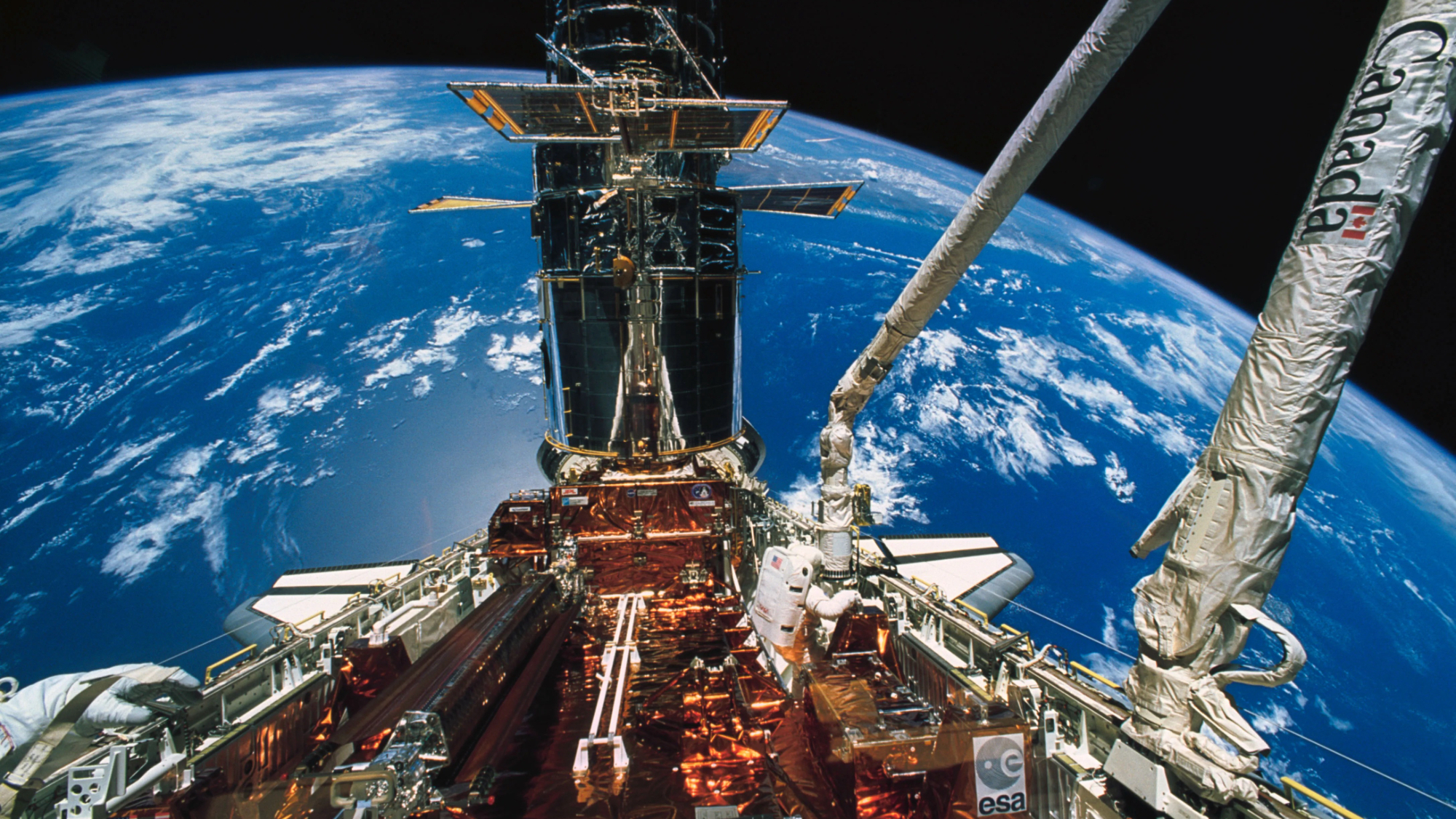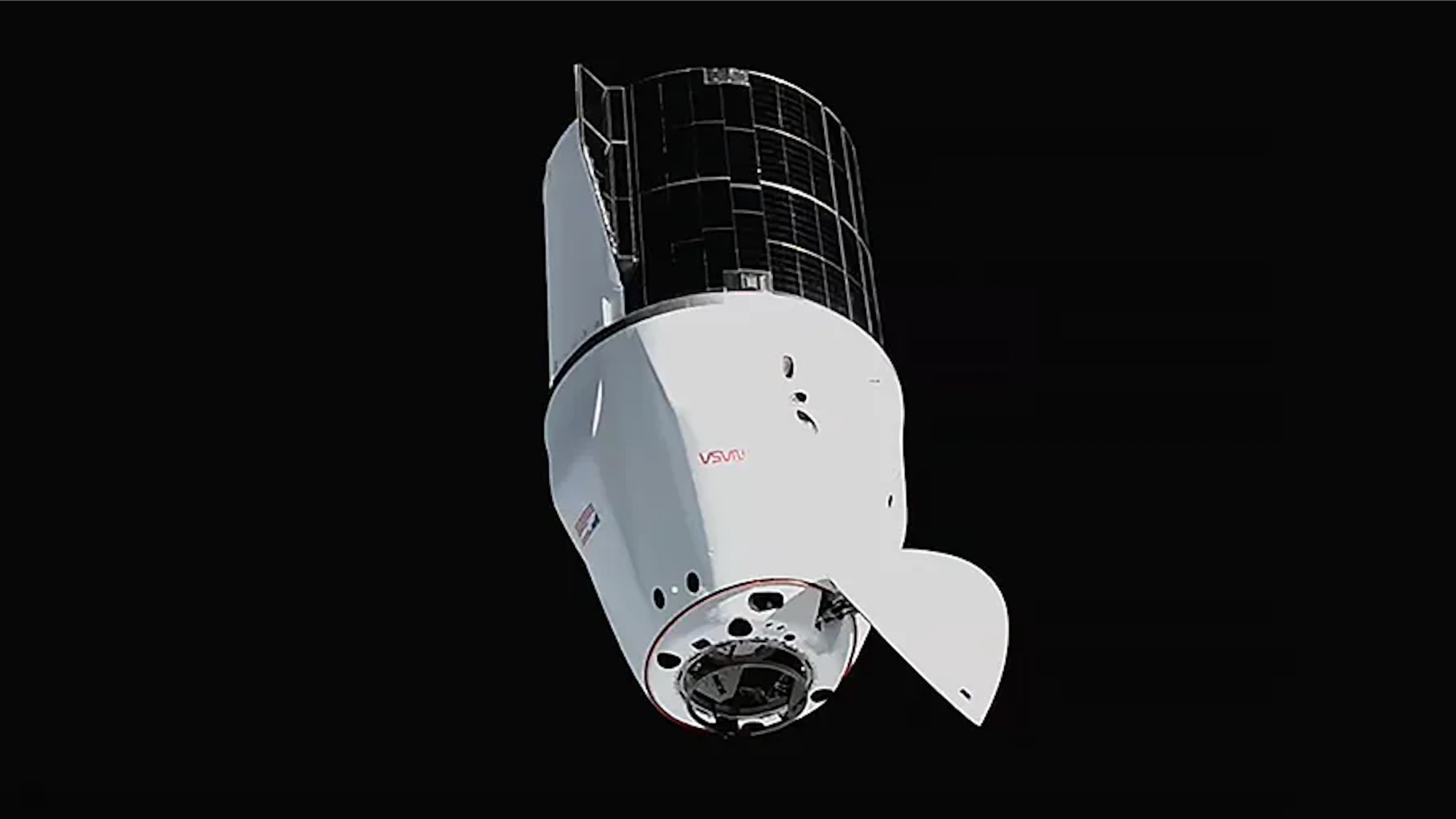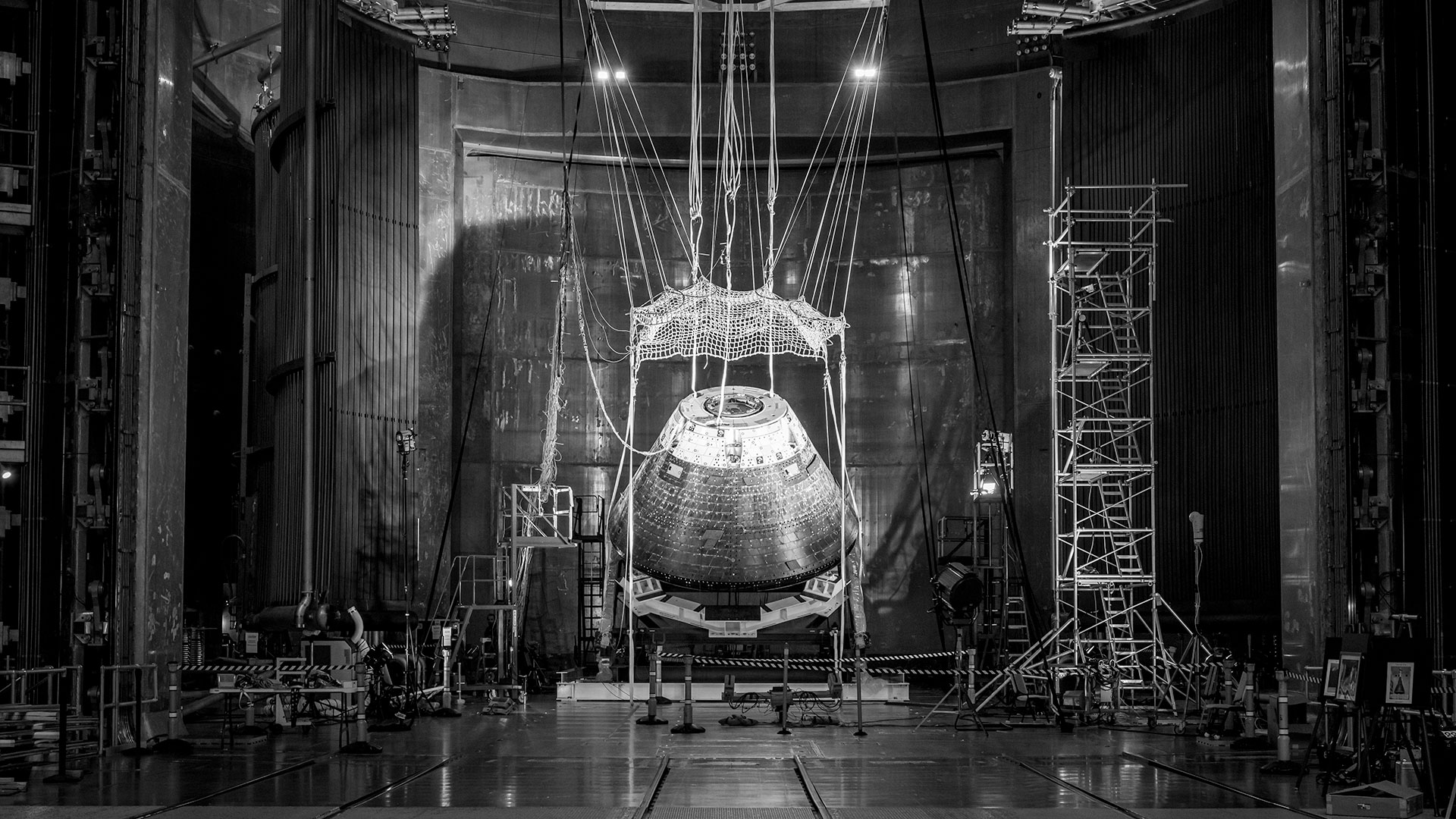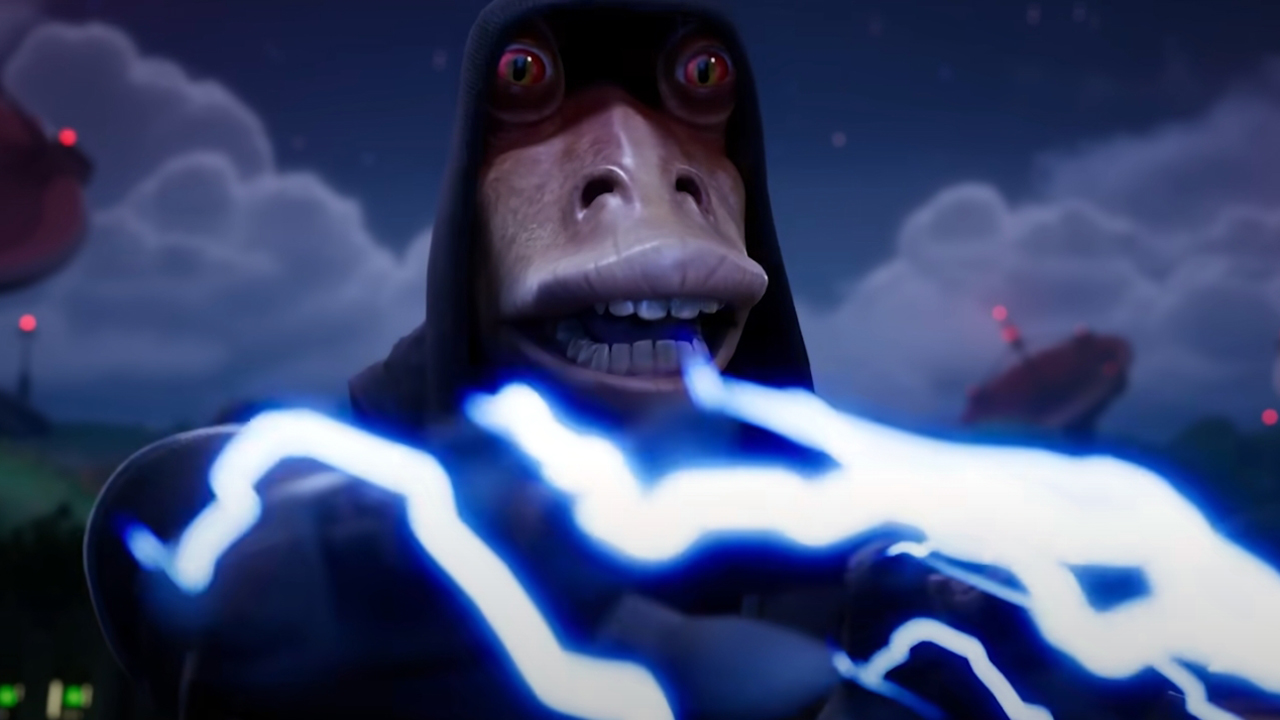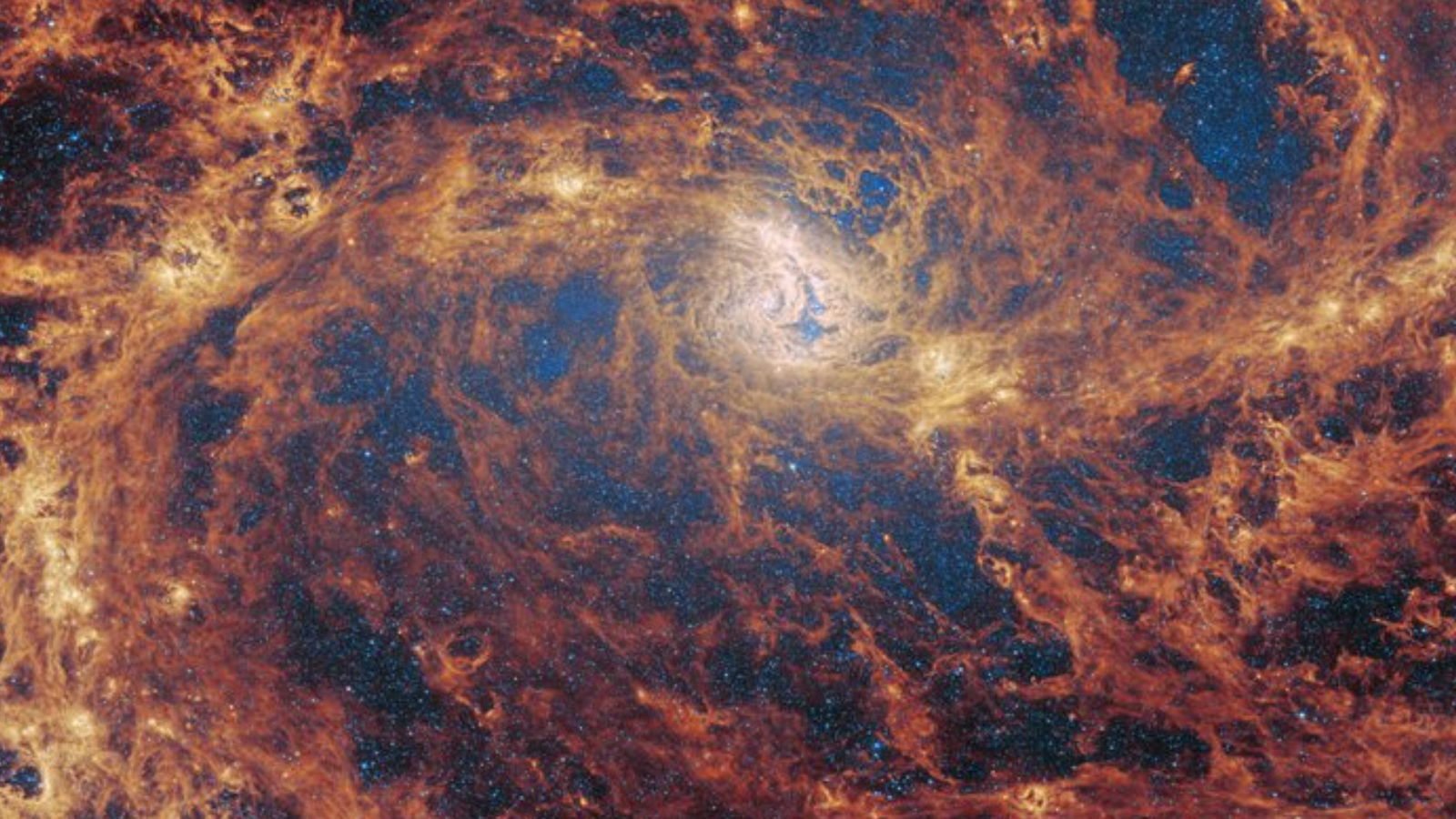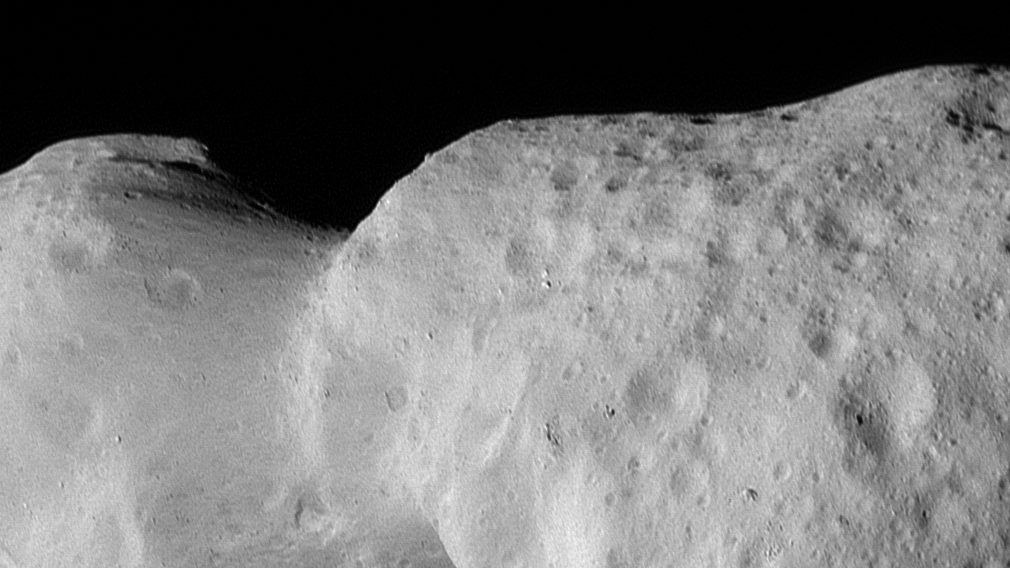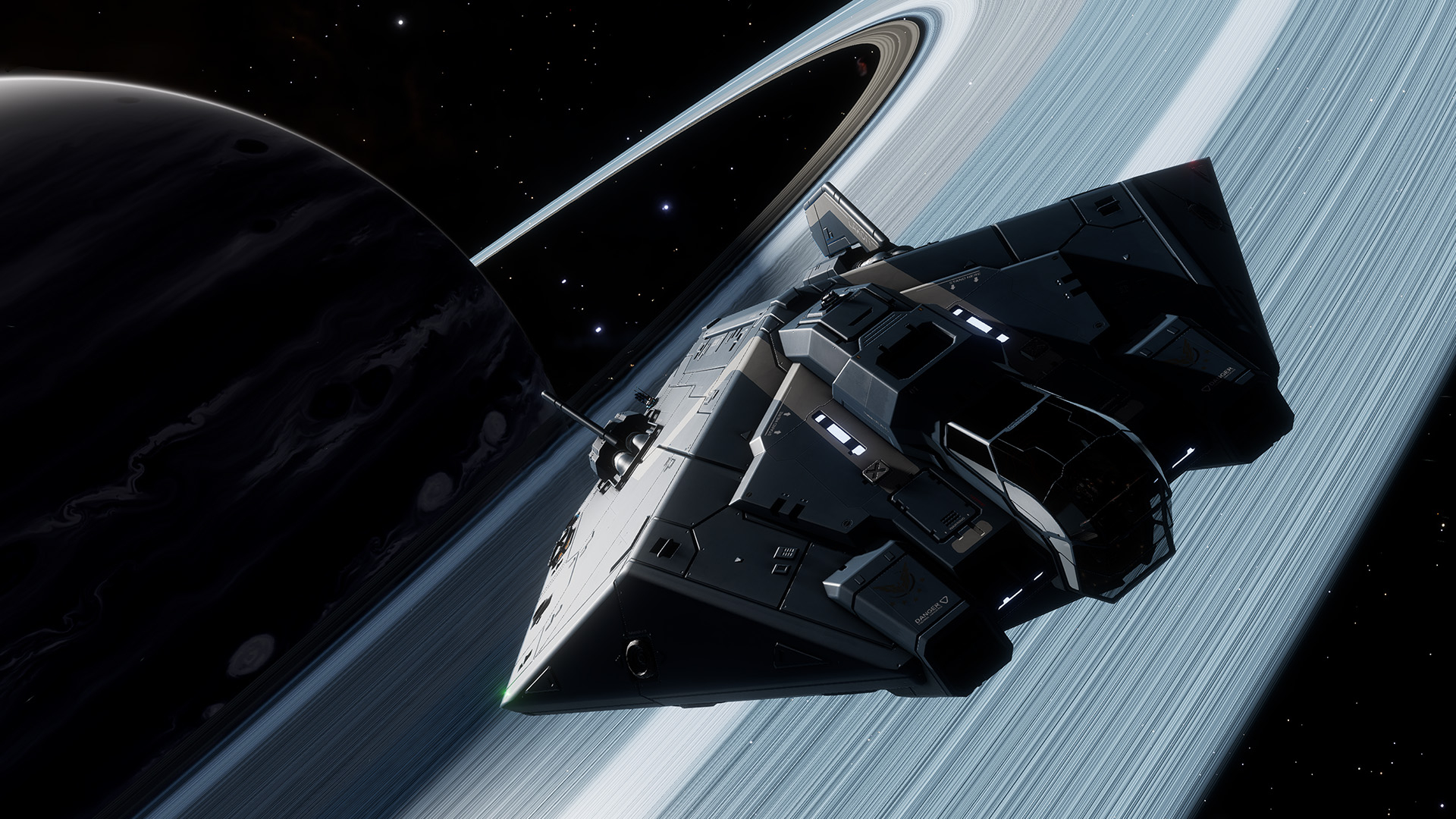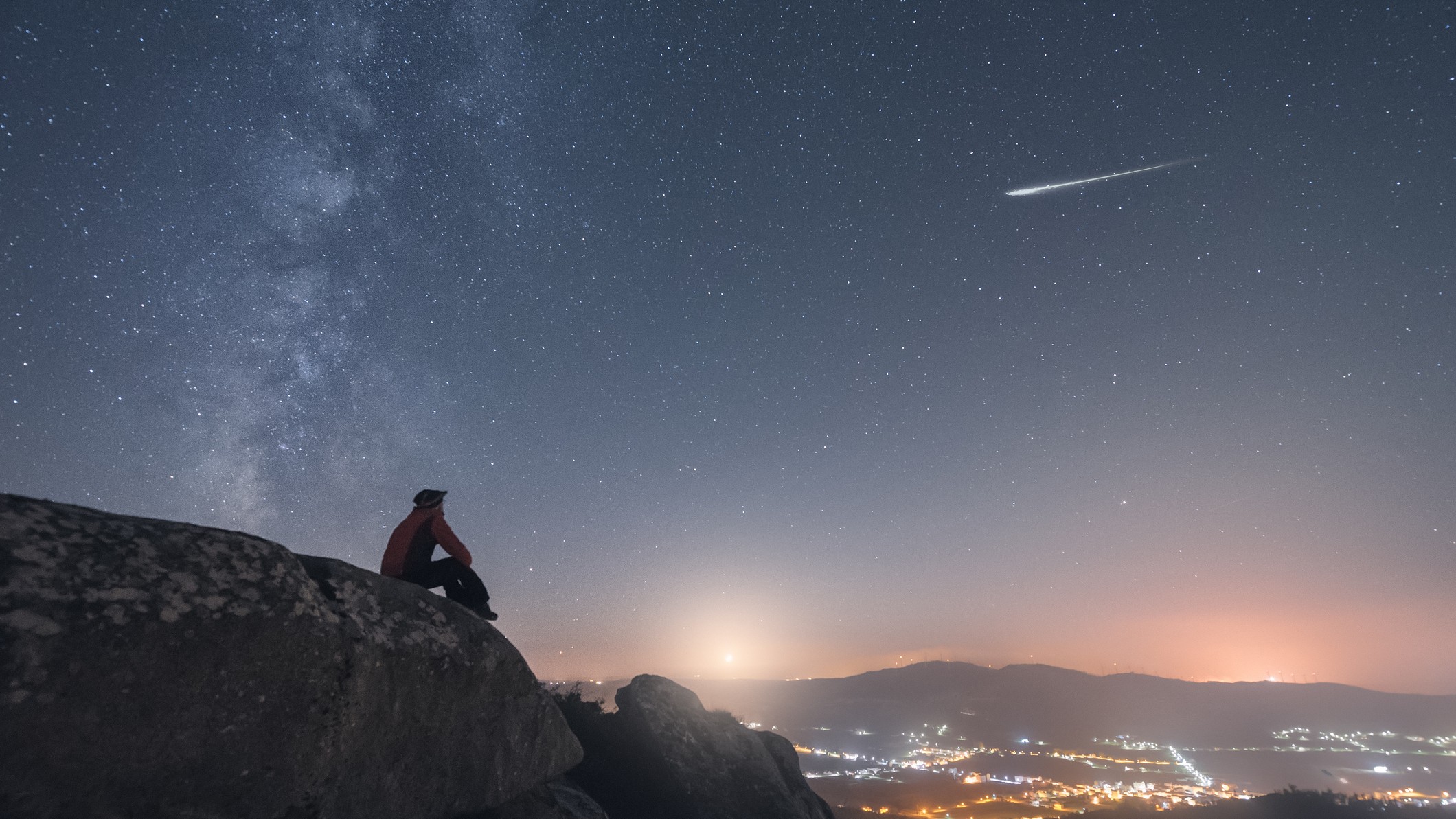Russia says 'software failure' caused thruster misfire at space station
The issue caused the space station to lose 'attitude control' for about 45 minutes.
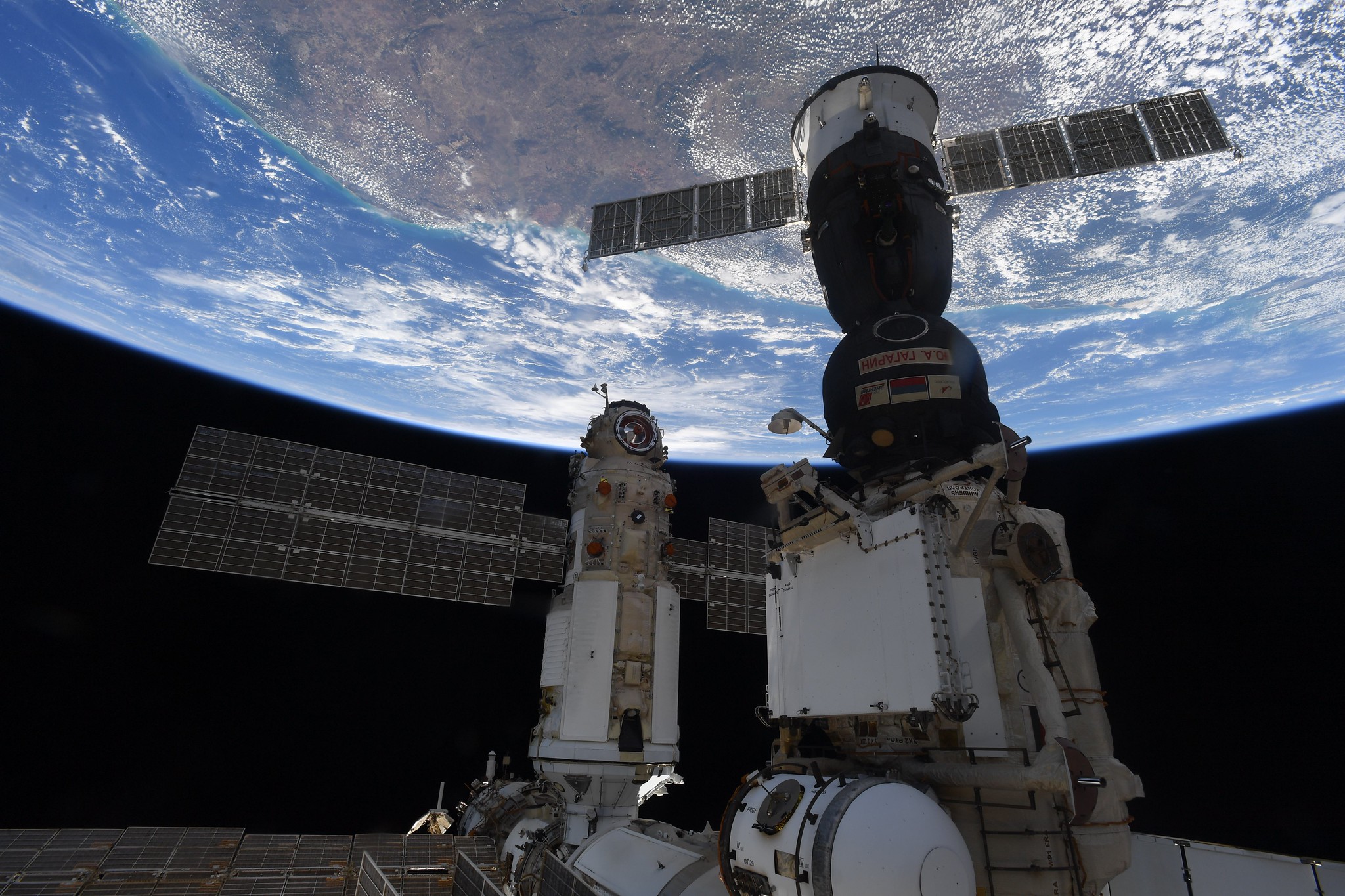
Yesterday's unexpected tilting of the International Space Station was caused by a software glitch, according to Russian space agency Roscosmos.
A new Russian module dubbed Nauka arrived at the space station Thursday morning (July 29). In development for more than a decade, Nauka is designed to host science experiments, anchor visiting vehicles and serve as a gateway for spacewalks. However, while the module's arrival appeared to go smoothly, about three hours after docking, the module unexpectedly began firing its thrusters in an incident that caused the space station to tilt from its typical position for about 45 minutes in what engineers call a "loss of attitude control."
"Due to a short-term software failure, a direct command was mistakenly implemented to turn on the module's engines for withdrawal, which led to some modification of the orientation of the complex as a whole," Roscosmos officials wrote in a statement published on Friday (July 30).
Related: Russia's Nauka module briefly tilts space station with unplanned thruster fire
"At the moment, the station is in its normal orientation, all the ISS [International Space Station] and the multipurpose laboratory module [Nauka] systems are operating normally," Roscomsos officials noted. "The crew is now busy balancing the pressure in the Nauka module. This is a rather lengthy procedure, because the total volume of the module is about 70 cubic meters. In the afternoon, the crew will open the hatches, enter the module, turn on the necessary means of purifying the atmosphere and begin normal regular work."
Currently, cosmonauts Oleg Novitsky and Pyotr Dubrov represent Russia on the orbiting laboratory. The pair was in the process of preparing to open the paired hatches between Nauka and the rest of the station yesterday when the module's thrusters began to fire, pushing and tilting the space station until thrusters on the Russian Zvedza service module and the Russian cargo ship Progress 78 were able to counteract the misfire.
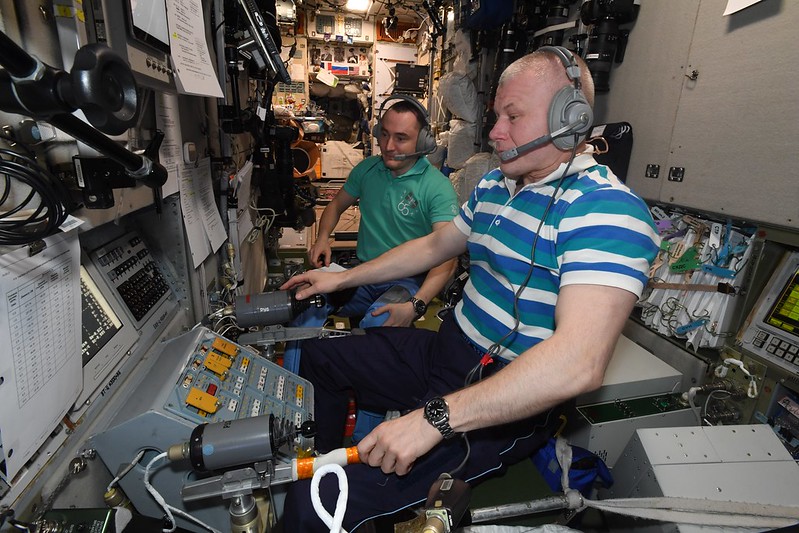
Novitsky and Dubrov resumed preparations for opening the hatch today. In the long term, the module will also require a series of as many as 11 spacewalks to fully prepare for its duties, according to NASA spokesperson Rob Navias during a live broadcast of Nauka's docking. The two cosmonauts will begin those procedures in early September.
Get the Space.com Newsletter
Breaking space news, the latest updates on rocket launches, skywatching events and more!
In response to the loss of attitude control, NASA canceled remaining scheduled astronaut activities and postponed the launch of Boeing's uncrewed Starliner test flight, OFT-2, that had been scheduled to blast off toward the space station today. The launch will now occur no earlier than Tuesday (Aug. 3).
Email Meghan Bartels at mbartels@space.com or follow her on Twitter @meghanbartels. Follow us on Twitter @Spacedotcom and on Facebook.
Join our Space Forums to keep talking space on the latest missions, night sky and more! And if you have a news tip, correction or comment, let us know at: community@space.com.

Meghan is a senior writer at Space.com and has more than five years' experience as a science journalist based in New York City. She joined Space.com in July 2018, with previous writing published in outlets including Newsweek and Audubon. Meghan earned an MA in science journalism from New York University and a BA in classics from Georgetown University, and in her free time she enjoys reading and visiting museums. Follow her on Twitter at @meghanbartels.
